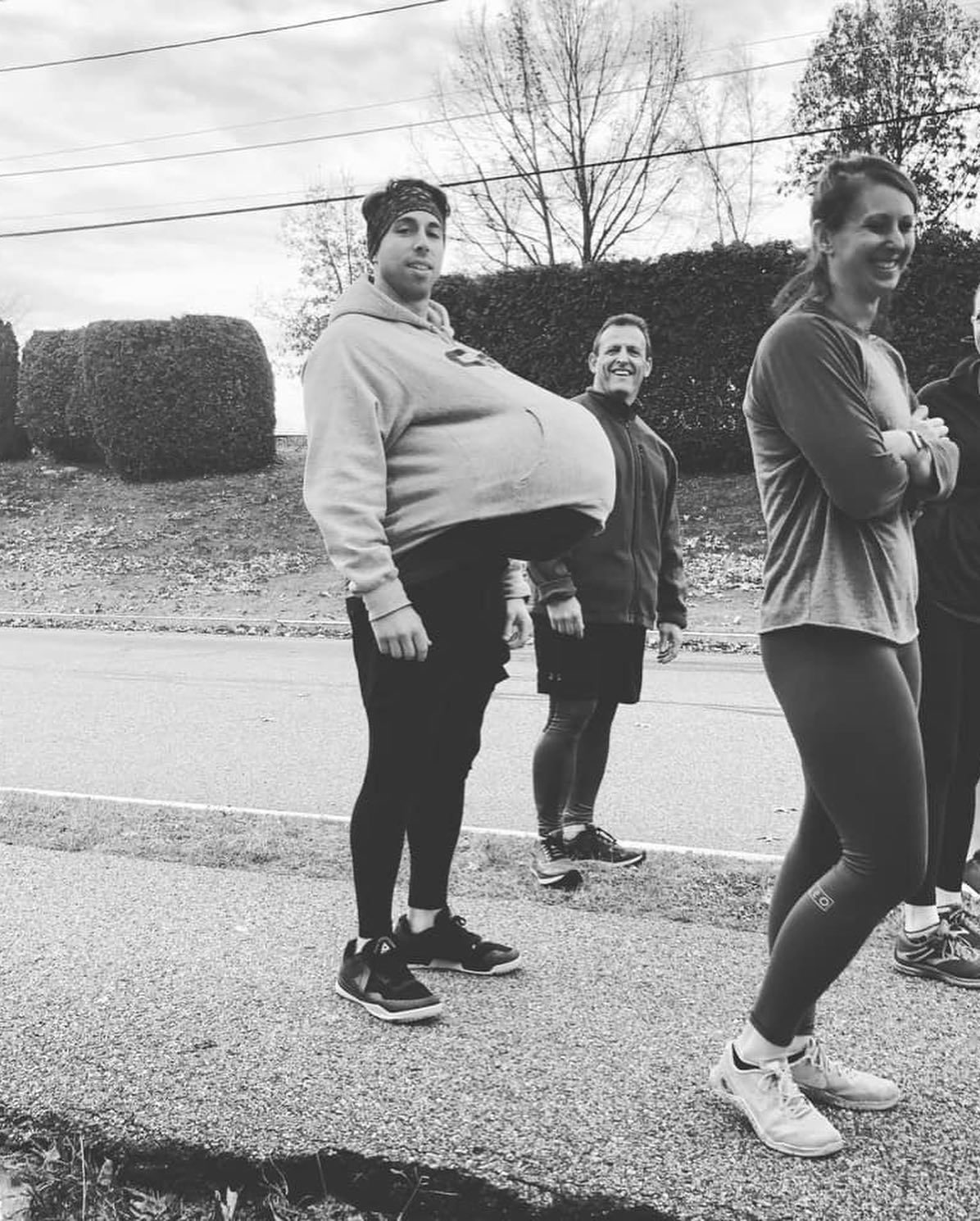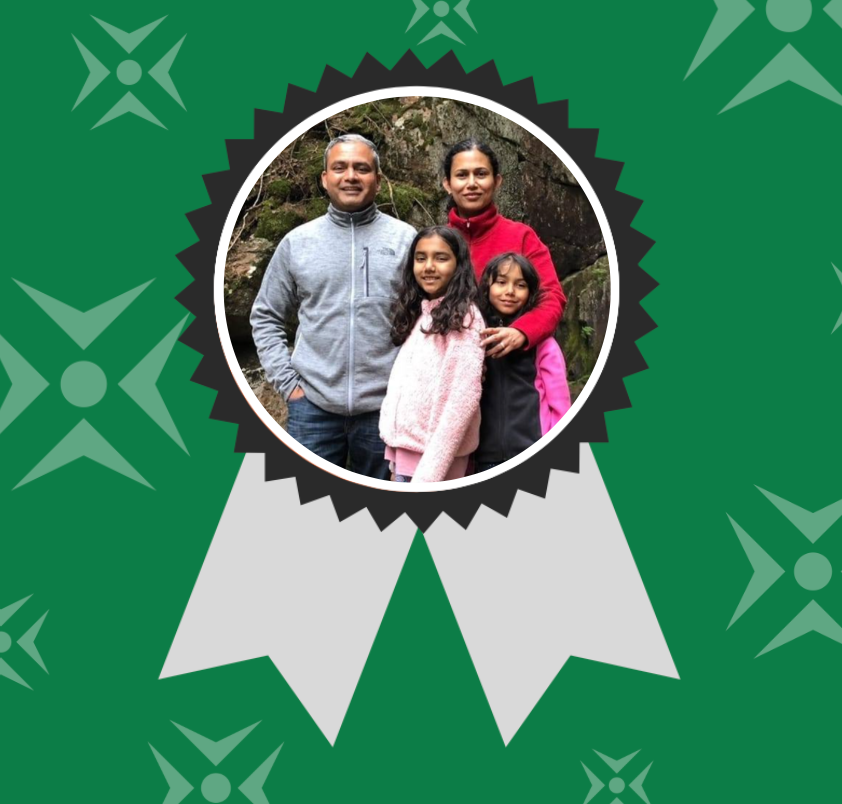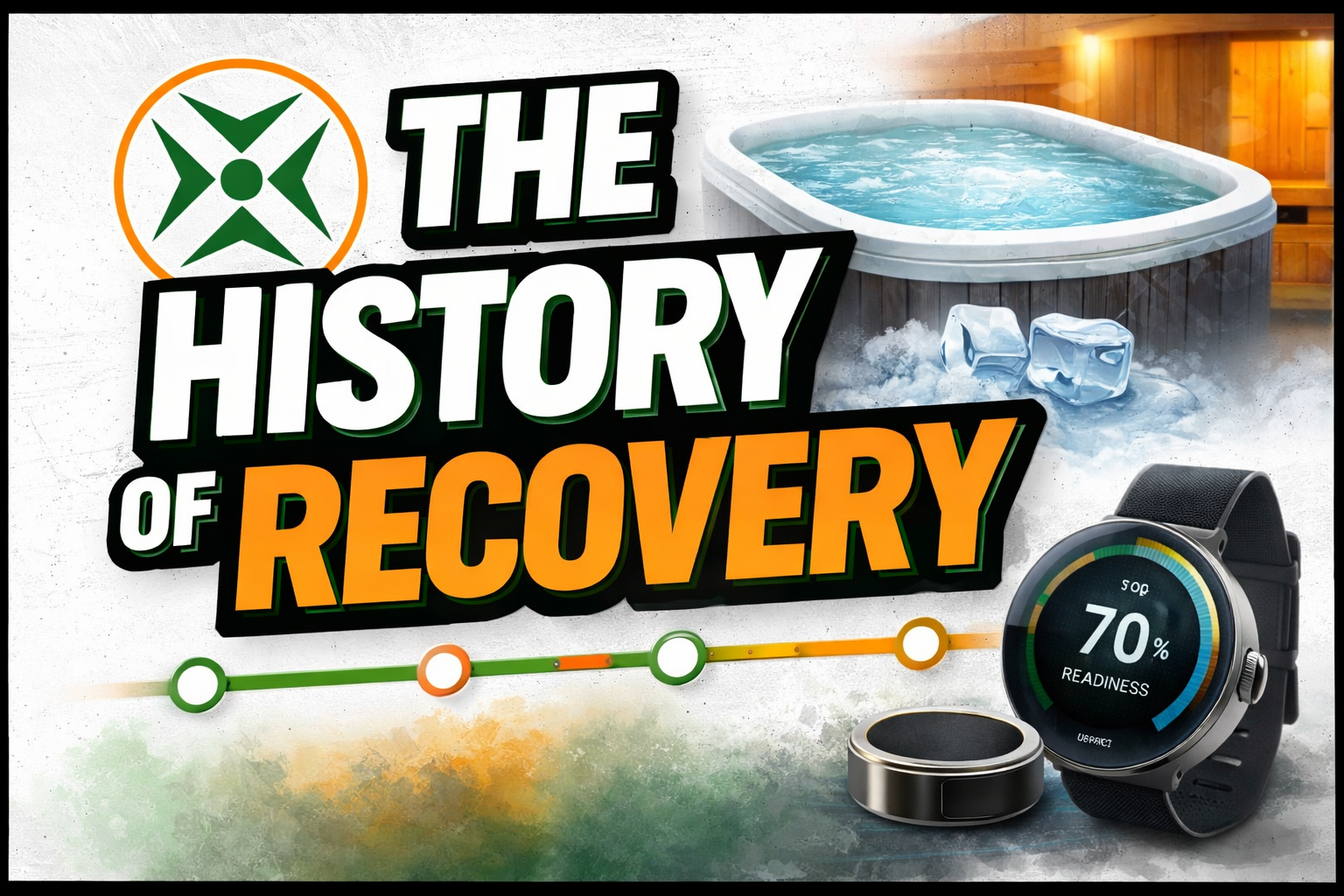The Value of Daily Wins
If you have been reading my blog posts over the past few years from Prototype Training Systems or have engaged in my Daily Directives, at this point you should know that I am really big into not only goal setting but goal achievement.
There is no greater feeling than the feeling you get when you achieve something that you have worked hard for. If you do our CrossFit classes or work with one of our personal trainers , remember a moment when you did something you have never done before OR that you wanted to do that you achieved! It’s a great feeling!
As I do at the beginning of each year, I set some year-end goals for personal development, business, and fitness. As a side now, I recently hit my fitness goal of reducing my body fat below 10%!

Maybe the 6th or 7th WOD of the day during our 24 Heroes event
In addition to those goals, I set what I refer to as “task-oriented” goals. These task-oriented goals weren’t necessarily tied to one of my bigger goals but rather something that I could mark off as a daily win for myself. This allows me to manage and control my personal progress and I have found this to have an amazing impact on my mindset and how I now do everything.
What I would like to share with you today is the power of daily small wins and how they play a bigger role in the goal-setting process and creating habits.
Four years ago, I watched the 2014 University of Texas commencement speech, given by Admiral William H. McRaven. McRaven, a now-retired 4-star Admiral, talks about his 10 learnings from the military and how if you do these things, you can change the world. What stuck out most to me and has ever since is his first piece of advice. That first piece of advice was about making your bed (that video link to this speech is below):
“Every morning in basic SEAL training, my instructors, who at the time were all Vietnam veterans, would show up in my barracks room and the first thing they would inspect was your bed. If you did it right, the corners would be square, the covers would be pulled tight, the pillow centered just under the headboard and the extra blanket folded neatly at the foot of the rack. It was a simple task — mundane at best. But every morning we were required to make our bed to perfection. It seemed a little ridiculous at the time, particularly in light of the fact that we were aspiring to be real warriors, tough battle-hardened SEALs, but the wisdom of this simple act has been proven to me many times over.
If you make your bed every morning you will have accomplished the first task of the day. It will give you a small sense of pride, and it will encourage you to do another task and another and another. By the end of the day, that one task completed will have turned into many tasks completed. Making your bed will also reinforce the fact that little things in life matter. If you can’t do the little things right, you will never be able to do the big things right.
And, if by chance you have a miserable day, you will come home to a bed that is made — that you made — and a made bed gives you encouragement that tomorrow will be better.
So if you want to change the world, start off by making your bed.”
Flash forward to 2019/2020 and I started to think about this a bit more.
When we set goals, it’s really hard for us to enjoy the journey and identify incremental progress. We refer to this as the GAP. I refer to this in a previous blog post called The way we talk can change the way we WOD. To give you more context, the GAP is the distance between where you are now and where you want to be. More often than not, we don’t appreciate or celebrate the incremental progress that we make along our journey and are always fixated on the destination. Think of it like a road trip with your kids: “Mom, Dad, are we there yet?!?!”
Flashback to the speech, it motivated me to start making my bed every day. As Admiral McRaven describes in his speech, “ if by chance you have a miserable day, you will come home to a bed that is made — that you made — and a made bed gives you encouragement that tomorrow will be better.” My mindset and the reason why I followed his advice was if I don’t accomplish everything I want to do for the day, if I stumble upon inhibitors or toxins that might make me feel discouraged or if I don’t feel like I generally had a good day, I can always focus on that fact that I accomplished this.
Task-oriented goal: Make bed first thing in the morning
Making my bed every morning is no longer a task-oriented goal, it’s become a habit and something I now naturally do. Earlier this year, I wanted to add more to this. That was the cold shower. I talk about that in a bit more detail in a previous blog post.
Long story short, the goal was to run cold water in the shower for at least 30 seconds, every day. The first week I decided that was too easy, so I decided to do it every day. That 30 seconds turned into a minute and now most days, the cold shower is the full duration of the time.
Task-oriented goal: Cold shower.
The next thing I decided to do was to move. COVID-19 has a few silver linings and one of the few is that it has promoted more daily movement for a lot of people: meetings are taken on walks, people don’t want to be cooped up in their house so they get outside more and people realize that they just need a break from staring at a computer all day.
So, my task-oriented goal was simple, average more than 10,000 steps every day of the week. I have a Garmin that tracks my movement as well as my heart rate and I believe that this extra movement and physical activity did contribute to my fat loss goal to an extent.
Task-oriented goal: Move daily
Even though each of these task-oriented goals are different, what they all have in common is the outcome is purely dependent on my decision to do them. There is nothing that inhibits me from accomplishing these tasks and/or making them a habit going forward.
Every day I have a few things that I can check off that I know, no matter what, I accomplished something. It might seem silly, but the power of small wins add up over time. They allow you to feel a sense of accomplishment, promote meaningful work, and create progress in your actions. Making progress has the most prominent and positive effect on motivation.
If you find that motivation is something you struggle with, I greatly encourage you to set some small daily or weekly task-oriented goals. These can build on your bigger goals (weight loss, career change, personal development, etc) or they can be completely unrelated. I outline a few that might help you in this process:
- Call your mom/dad every day
- Read for 30 minutes daily
- Meditate for 10 minutes every day
- Journal before you go to bed
- Compliment 5 people every day
- Schedule use of social media time
- Drink at least 8 glasses of water daily
- Get up at the same time every day (earlier than you absolutely have to)
- Go to bed at the same time every night
- Dedicate X amount of time to yourself every day
Just remember, accomplishing these goals comes down to a decision.
Now get after it.
The post The Value of Daily Wins appeared first on Prototype Training Systems.
Previous Blogs


Climb to New Heights
Prototype Training Systems is more than a gym - it is a lifestyle. Join us today!


